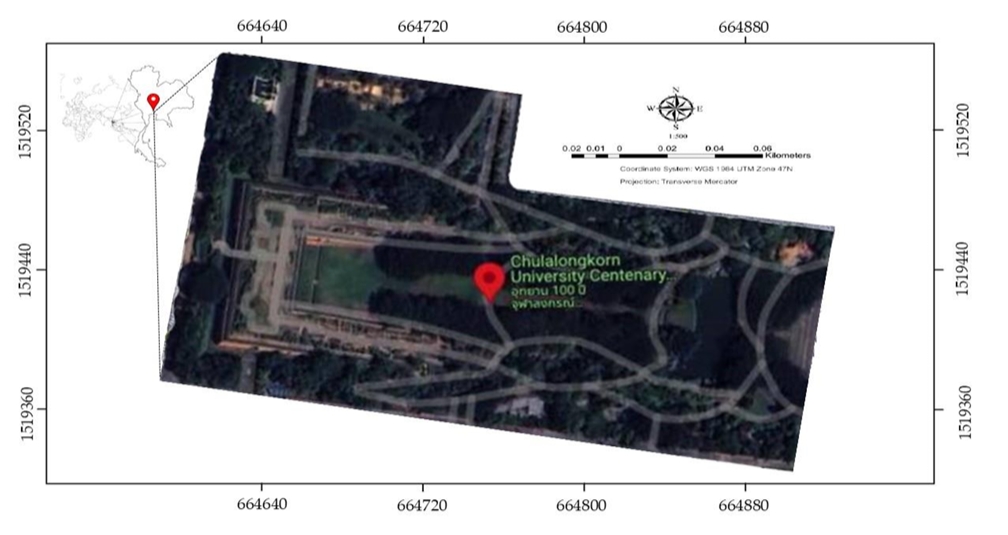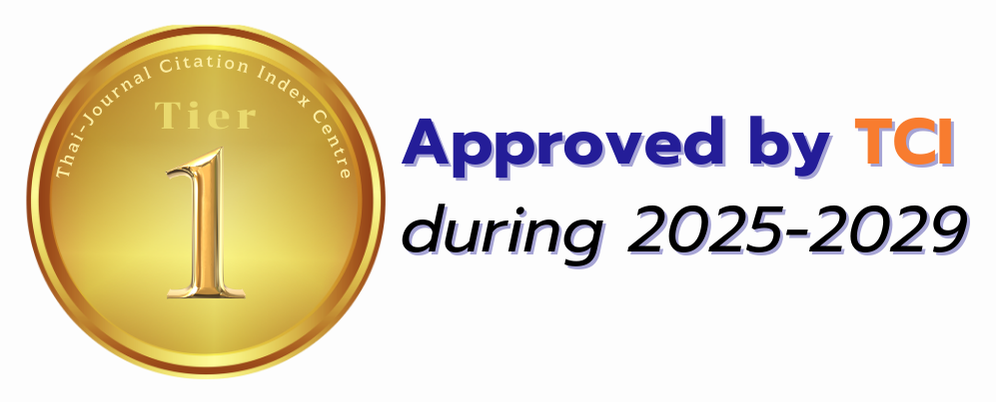Social Return On Investment Analysis from Values of Ecosystem Services in an Urban Park Designed in Bangkok, Thailand: The Chulalongkorn University Centenary Park
คำสำคัญ:
Social return on investment, net present value, ecosystem services, urban forest, public parkบทคัดย่อ
Background and Objectives: This study focused on social return on investment by monetizing the ecosystem services of Chulalongkorn University Centenary Park (CU 100 park).
Methodology: Collecting secondary data of ecosystem services from empirical studies and then monetizing the data by using the concept of cost-benefit analysis to analyze net present value and social return on investment. Evaluating the benefits of ecosystem services consist of 1) provisioning services using the timber values 2) regulating services using the value of avoided runoff as well as carbon storage and sequestrations 3) cultural services using the willingness-to-pay data and 4) supporting services using the value of bird habitats. These four suspects were estimated in 20 years (2020 – 2039), and hence the values must be adjusted by monetary variables such as inflation rate and discount rate (4%).
Main Result: The CU 100 park could provide ecosystem services in the length of 20 years. This study monetizing the services in two scenarios. First, the best-case scenarios, assuming fully grown trees, show the net present value (NPV) of 65,240,382 Baht in 2024 terms and social return on investment (SROI) is equal to 1.24 indicating that every 1 Baht invested yields a return of 1.24 Baht. The best-case scenario highlights that investing in the CU 100 park is worthwhile. On the contrary, the worst-case scenario, assuming zero grown trees, provides a negative NPV and SROI is equal to 0.63. This scenario indicates that the investment is not worthwhile.
Conclusion: This study provides empirical evidence on the cost-effectiveness of investments in ecosystem service benefits under the constraints of optimizing small urban green spaces for maximum efficiency in supporting wildlife and human well-being. The findings highlight the significant value of trees, which play a pivotal role in enhancing cost-effectiveness. Therefore, stakeholders are encouraged to maintain and extend the lifespan of trees. Additionally, the study contributes to policymakers' understanding of social return analysis derived from the ecosystem service values of urban parks, supporting the sustainable development of the nation's green space master plan.
##plugins.generic.usageStats.downloads##



.png)





